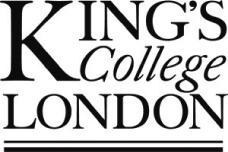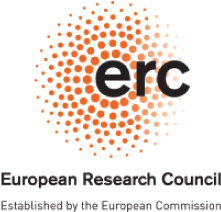It is clear that we have reached a point where we are to some extent ‘tool ready’ to address major diseases such as ‘the big three’ (HIV, TB, and malaria), some Neglected Tropical Diseases (NTDs), and even universal threats of Antimicrobial resistance (AMR) and pandemic diseases. In many cases, we have the technology, but not the systems to deliver them where they are most needed. By now it is evident that “science and technology is not the issue. It's the rest of the ecosystem; the neglect, the under-investment, that countries don’t identify these as a problem worth investing in" (Prof Madhukar Pai).






